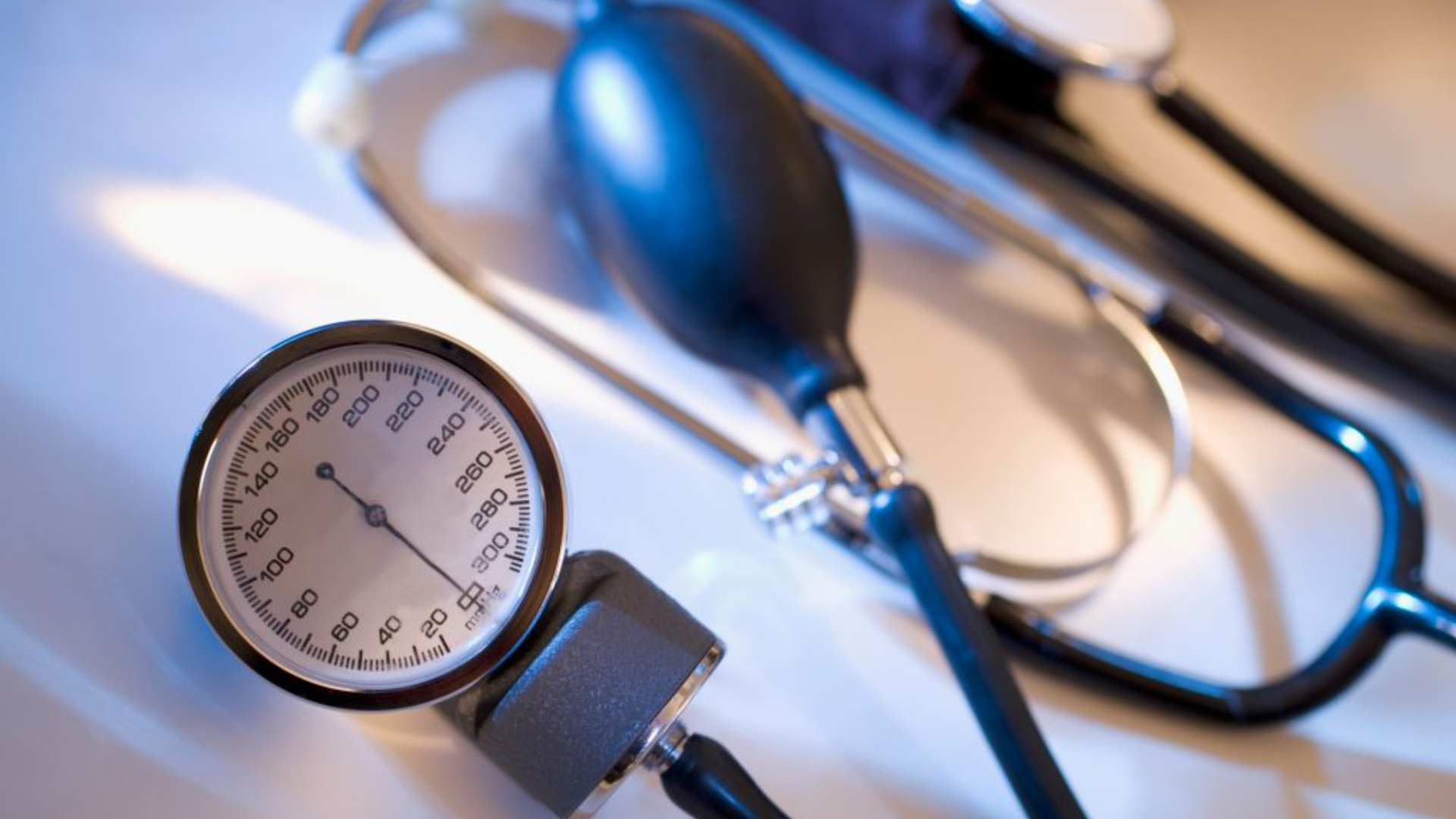The Overnight Habits That Secretly Stress Your Kidneys
7. Taking NSAIDs or certain medicines at night without guidance

Common pain relievers called NSAIDs — like ibuprofen and naproxen — can reduce blood flow to the kidneys in some people, especially with long-term nightly use or when combined with dehydration or other medications [FDA; Mayo Clinic]. That decrease in blood flow can lower filtration and, over time, contribute to kidney injury in susceptible individuals. If you rely on nightly pain medication, check in with your clinician about safer options and proper timing. Some pain conditions can be managed with topical treatments, physical therapy, stretching routines before bed, or acetaminophen when appropriate. Also, certain blood pressure medicines and some supplements interact with kidney function, so always mention your full medication list at appointments. Making safer choices around nighttime medication use is a practical way to support kidney resilience. Small changes now can lower risks down the road.
8. Letting high blood pressure run overnight (non-dipping)

Healthy blood pressure usually dips at night, giving the cardiovascular system a rest. Some people experience "non-dipping" where blood pressure stays high during sleep, and research links this pattern to faster kidney damage and worse outcomes over time [NIDDK; hypertension research]. Causes include sleep apnea, poorly timed medications, salt intake, and other lifestyle factors. You can work with your clinician to check overnight or home blood pressure patterns, adjust medication timing, and address contributing habits such as evening salt or alcohol. Simple monitoring at home and a conversation about dosing can make a meaningful difference. If you have diabetes or known kidney disease, paying attention to nighttime blood pressure is particularly important. Take heart: small changes in routines and medication plans often improve nighttime blood pressure control.
